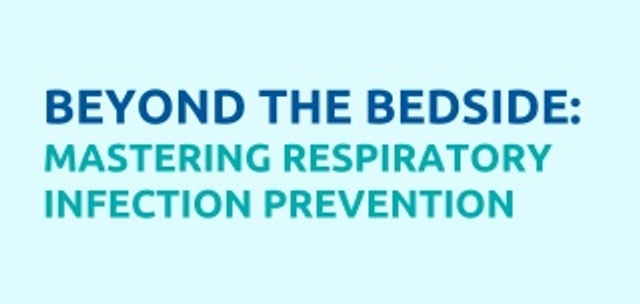
Beyond The Bedside: Mastering Respiratory Infection Prevention
Win Apple Airpod Pros! Complete training and survey by March 25 to be entered to win.

Beyond The Bedside: Mastering Respiratory Infection Prevention
Win Apple Airpod Pros! Complete training and survey by March 25 to be entered to win.

CalAIM: Understanding the Physician Role - On Demand
With this program, we aim to provide a better understanding of the physician’s role behind the California Advancing and Innovating Medi-Cal initiative. We will provide...

EHR Optimization: Exploring Digital Solutions to the Hassles of Documentation - On Demand

Taking Back Control: Practical Strategies to Reduce the Administrative Hassles of Daily Medical Practice

Leadership in Action: Influencing Policy Through Effective Advocacy - On-demand
Available on-demand!

Medicare Changes: 2023 and Beyond
This presentation will provide your practice with an overview of the policy changes for Medicare payments under the Physician Fee Schedule (PFS), and other Medicare...